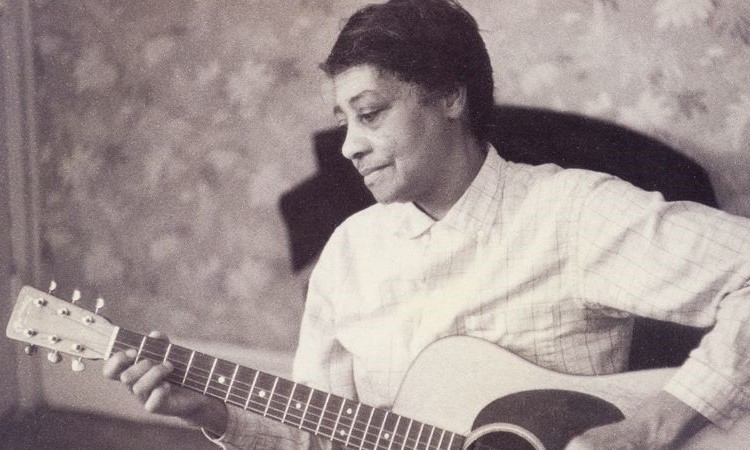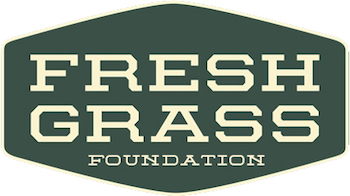Black History Month: Spotlight on Elizabeth Cotten

Elizabeth Cotten was born in 1893 in Carrboro, North Carolina. Now relatively well-known and celebrated for her “Cotten picking” style of fingerpicking guitar, Cotten was yet in her 60s by the time she became known as an important contributor to American folk music.
In the six decades before her star rose, she worked mostly as a domestic worker, saving her money to purchase a guitar. She taught herself to play and, as a left-handed player, found her own way to fingerpicking by turning the guitar upside down and picking the bass strings with her pointer finger while her thumb picked the melody on the higher strings.
She married a man named Frank Cotten when she was still a teenager and she soon stopped playing guitar, to focus on raising her daughter. When her daughter was grown and started her own family in Washington, D.C., Cotten divorced her husband and moved in to help with her grandchildren.
She was working in a department store when she helped a lost child find her way back to her family. As it turned out, the family was the Seegers and they hired her as a domestic worker. It was in the kitchen of the Seeger home that Mike Seeger discovered Elizabeth was a tremendous guitarist. He and his brother Pete committed to bringing her in front of audiences and getting her original and traditional songs on tape.
Her approach to the acoustic guitar was foundational to the skiffle movement in England and has proven just as popular among American folkies, who have championed her music now for generations.
“Discovered” in her 60s, she continued to perform music for the rest of her life. A documentary film has been made about her life and work, as has a children’s book, written by the singer-songwriter Laura Veirs. Below is a short list of highlights from her recording career.
###
Throughout the month of February 2023, Folk Alley is featuring great Black folk artists who helped define the form in the early days of recording. To illustrate how deep and important are the contributions of these archived Black folk artists, we are also spotlighting modern artists who have been directly inspired by their work. You can listen anytime by clicking on the Classic Folk stream on the Folk Alley website or app. We will also be highlighting a different historical Black folk artist each week here on the website.
“Freight Train”
“Shake Shugaree”
“Washington Blues”
“Vestapol”
“Old Woman Keeps Tellin’ Her Lies On Me”



